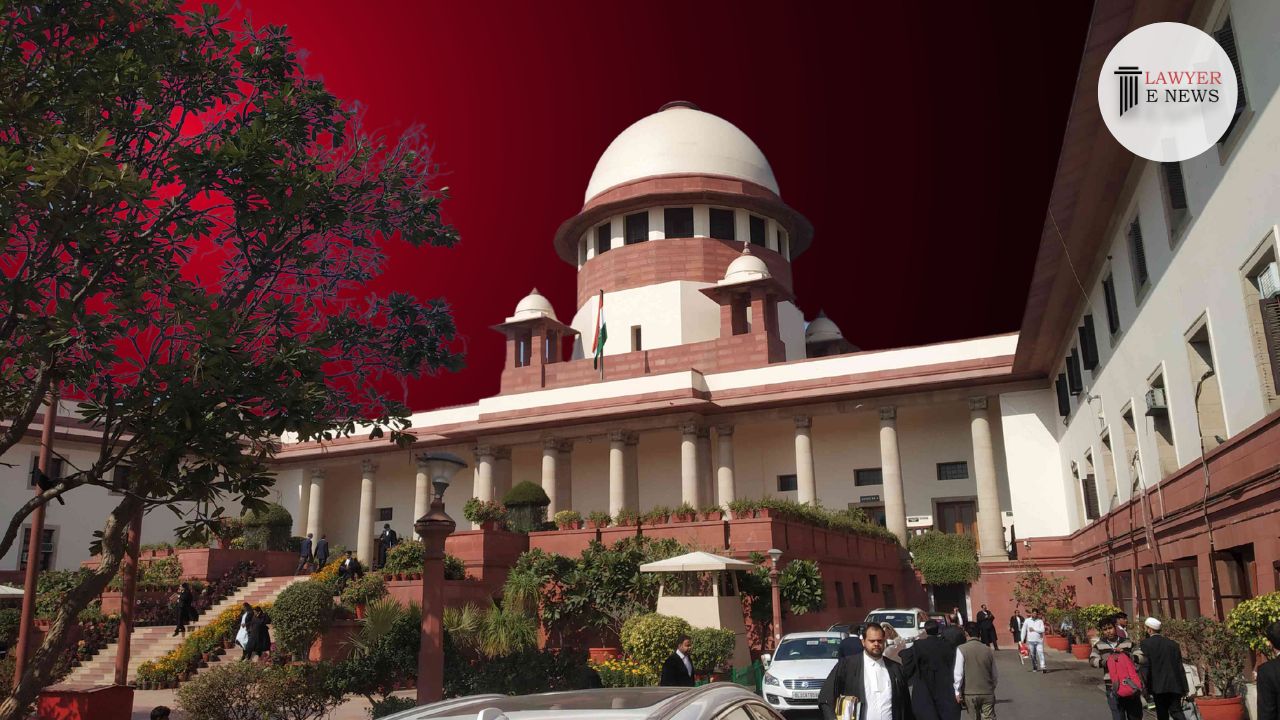-
by sayum
14 February 2026 2:22 PM



In a significant ruling, the Supreme Court of India underscored the necessity for police to adhere to the legal requirements in preparing chargesheets under Section 173(2) of the Code of Criminal Procedure, 1973. The decision dated May 1, 2024, by Justices Sanjiv Khanna and S.V.N. Bhatti, stressed that chargesheets should provide a detailed description of the facts constituting the offense, the evidence gathered, and the material relied upon by the prosecution.
The apex court clarified that a chargesheet is fundamental for lawful cognizance and subsequent legal processes. It should not merely reproduce the details from the FIR but must include comprehensive evidence and material specifics to meet the standards set by law.
The appeals were filed by Sharif Ahmed and others against the State of Uttar Pradesh, challenging the sufficiency and detailing in chargesheets filed by police. The appellants argued that the chargesheets in their cases were perfunctorily prepared, lacking necessary details and evidentiary backing, which could potentially lead to miscarriages of justice.
Chargesheet Requirements: The court examined past precedents and statutes, emphasizing that a chargesheet must go beyond the FIR's details, elaborating on the evidence and justification for the charges laid out.
Compliance with Section 173(2): It was noted that often chargesheets did not comply fully with the procedural requirements under Section 173(2), leading to issues during trials. The court provided a comprehensive list of what should be included, such as names of parties, nature of the information, evidence collected, and a clear statement of offenses committed.
Legal Precedents: The judgment referenced multiple landmark cases that shaped the legal landscape regarding police reports and chargesheet formulations, including Dablu Kujur v. State of Jharkhand and others, reinforcing the standards to be upheld.
The court allowed the appeals, quashing the criminal proceedings against the appellants due to deficiencies in the chargesheets that violated the procedural and substantive legal standards required for a fair trial. The judges directed that future chargesheets should strictly adhere to the guidelines set forth in their judgment to prevent abuse of legal processes and ensure justice.
In its ruling, the Supreme Court issued specific directives aimed at reforming chargesheet preparation and submission practices:
Detailing of Evidence: Chargesheets must detail the evidence and materials relied upon by the prosecution, avoiding generic or vague descriptions.
Standardized Formats: The court mandated the use of standardized formats for chargesheets, as prescribed by the State Governments, to ensure uniformity and comprehensiveness.
Training and Compliance: Law enforcement agencies are directed to conduct regular training sessions for officers on the legal requirements for drafting chargesheets.
Supervisory Checks: Senior officers are tasked with routinely checking chargesheets for compliance with legal standards before they are submitted to the courts.
Periodic Review: The Supreme Court called for periodic reviews of chargesheet practices across jurisdictions to identify and rectify common deficiencies.
The court allowed the appeals, quashing the criminal proceedings against the appellants due to deficiencies in the chargesheets that violated the procedural and substantive legal standards required for a fair trial. The judges directed that future chargesheets should strictly adhere to the guidelines set forth in their judgment to prevent abuse of legal processes and ensure justice.
Date of Decision: May 1, 2024
Sharif Ahmed and Another v. State of Uttar Pradesh and Another
